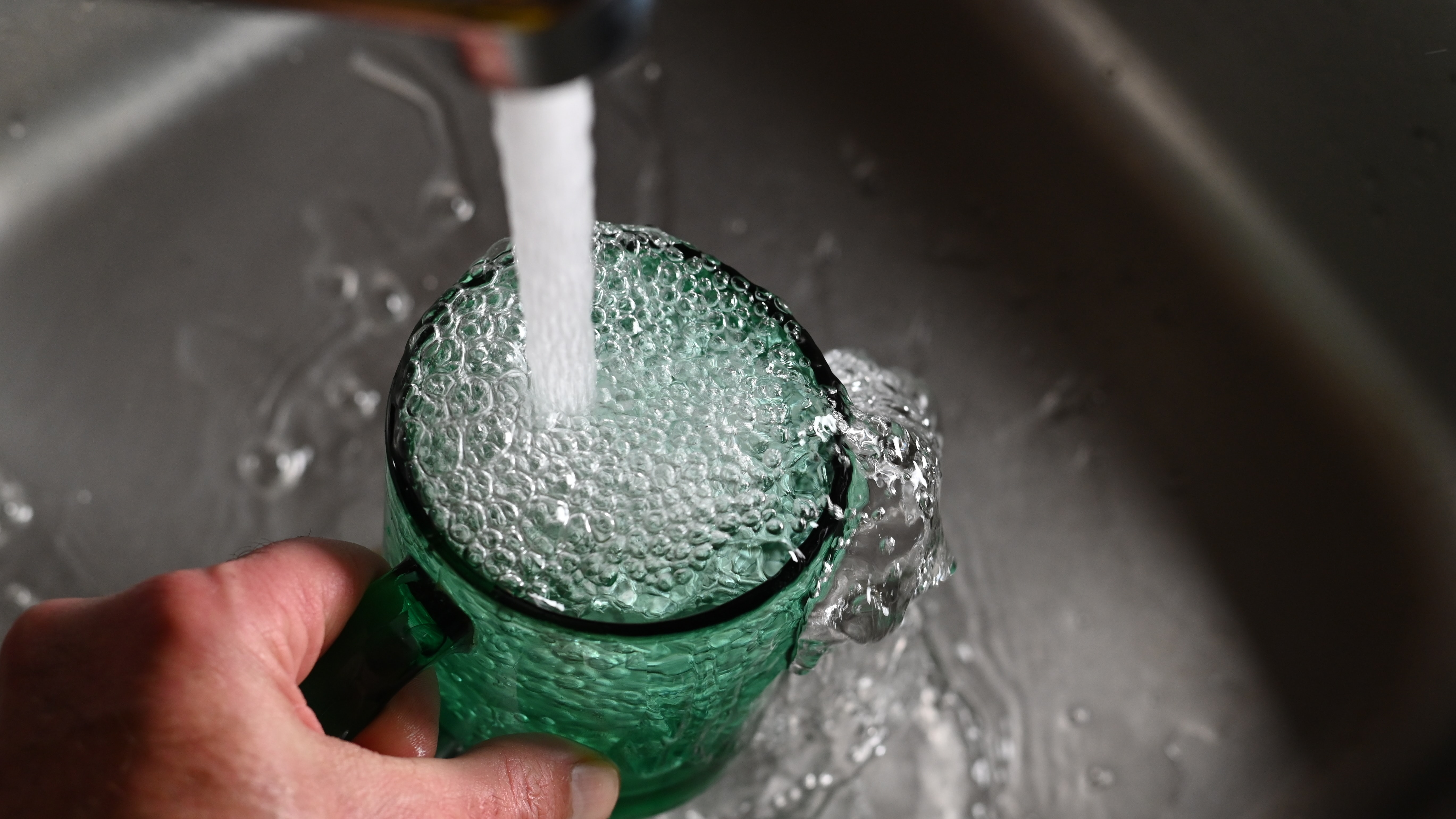
AMES, Iowa (Iowa State Extension) – The results of a new drinking water survey reveal a stark risk of exposure to potentially unhealthy drinking water. Risk profiles were compiled based on recent testing, use of reverse osmosis filters, and use of supplemental water sources.
The Iowa Drinking Water Survey was conducted by the Conser
vation Learning Group, a think tank based at Iowa State University Extension and Outreach, and the Center for Agricultural and Rural Development at Iowa State University, which conducts innovative public policy and economic research. The results of the survey can be found in this online report and infographic.
The survey was designed to gather information and provide a stronger understanding of well water testing frequency, what avoidance behaviors users may employ to mitigate risk, filtering efforts and water quality perceptions.
“Around 7.6% of Iowa households — 230,000 to 290,000 Iowans — rely on private well water as their water source,” said Jamie Benning, assistant director for Agriculture and Natural Resources Extension at Iowa State. “The Iowa Department of Natural Resources and the Environmental Protection Agency recommend yearly testing of private wells, but it is the owner’s responsibility to test. There are no requirements or regulations related to well water testing by homeowners. This study helps to start filling the information gap so we can better understand behaviors related to well water that will inform outreach to help protect the health and wellbeing of rural Iowans.”
Read more on Iowa State Extension’s website.
Published on Aug. 19, 2022.
